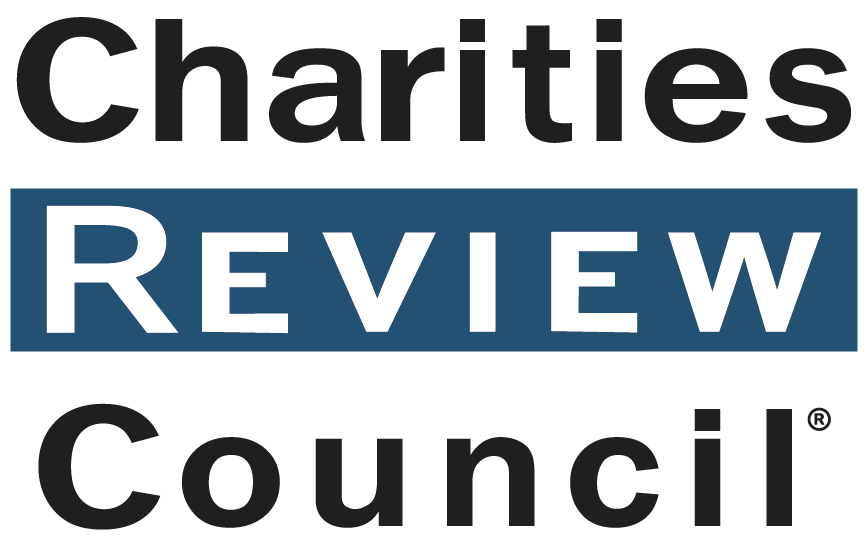In a tough economy, retailers will do everything they can to get you to part with your money, including making you feel good about your purchases by asking you to shop for a cause. Shopping to support a cause is known as “cause-related marketing.”
To build brand loyalty and to set themselves apart, many companies link a product to a cause to let their customers know they are concerned corporate citizens – that they stand for something more than just the bottom line. Common cause-related marketing activities include agreements by the company to donate a percentage of the purchase price for a product to charity, advertising and promotion of a common message, product licensing, endorsement, and product certification by a charity.
But does shopping to support a cause help?
Cause-related marketing campaigns have helped to increase public awareness and raise millions of dollars for hundreds of worthy causes such as breast cancer. It has also provided nonprofits, corporations, consumers and employees with a sense of purpose that their decisions can make a difference. If you are planning to shop to support a cause, keep these tips in mind as you make your purchases, so that your support makes the greatest difference:
- What organization is being helped by your purchase? If it is a national organization with local chapters, decide whether supporting a local organization important is for you. Ask the retailer if the funds raised are used to support the local community. You can also search the Charities Review Council’s online list of reviewed nonprofits for more information.
- Find out how much money actually goes to the cause. Is it a percentage or simply a straight cut dollar amount? For example, if you buy an umbrella for $40 to support a cause, is the donated amount a significant proportion (and acceptable to you) of the value of the item? In some cases, it may take shoppers hundreds of purchases of one product to raise $1. If that’s the case, consider sending a check to the charity directly instead. The most effective means of support is a direct contribution.
- Find out what types of programs the funds raised will support. For example, does it matter to you whether the funds support advances in medical research versus patient advocacy in fighting cancer? Charity reports from reviewed organizations available in the Council’s online charity listings provide detailed information about charities and their programs.
- Learn more about the business practices of the company. Are they consistent with your values?
From yogurt to clothing, it is important to remember that you are not only making a purchase but an investment. Take charge and be an informed shopper.


